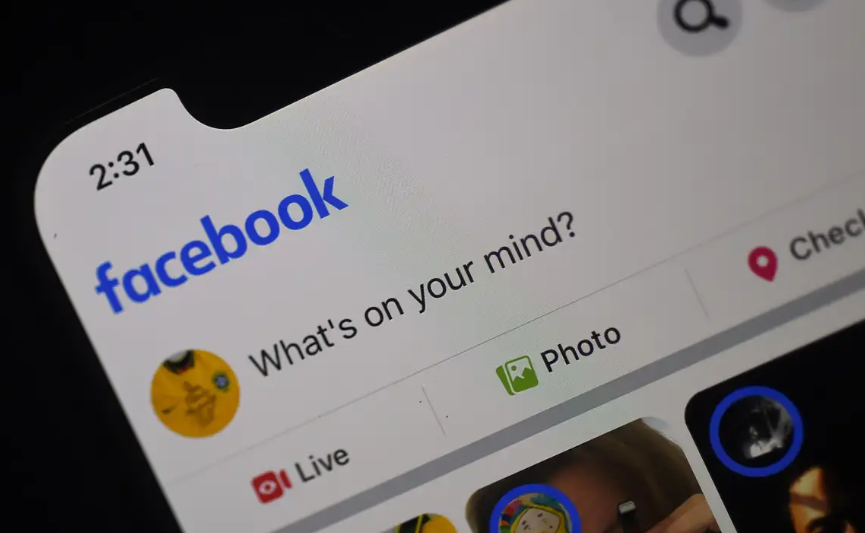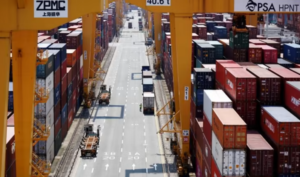In a move that surprised few, Meta, the parent company of Facebook, announced that it would cease entering into new deals with traditional news publishers in Australia and the U.S. The decision comes as the number of people using Facebook’s dedicated news tab in these countries dropped by more than 80% last year.
The social media giant, known for its contentious relationship with news publishers, stated in a blog post that users would still be able to view news articles on Facebook through shared links. Publishers will also retain access to their accounts to post links, similar to regular users.
Meta’s decision to “deprecate” the dedicated news tab, Facebook News, in the U.S. and Australia, slated for early April, follows a similar move in the U.K., France, and Germany announced last year. The company cited a need to align its investments with user preferences, noting a higher demand for short-form video over news content.
The announcement reignited debates in Australia over whether social media companies should pay news publishers for content. In response to pressure, Australia introduced a news media bargaining code in 2021, aimed at compelling companies like Meta and Google to negotiate commercial deals with publishers.
Australian officials expressed disappointment with Meta’s decision, highlighting the impact on news media businesses’ revenue. News Corp, a major player in the media landscape, has existing agreements with Meta in Australia and the U.S., including a recent three-year deal reached in 2021.
News Corp Australasia Executive Chairman Michael Miller criticized Meta for leveraging its market power to avoid negotiations, especially considering that the majority of news consumption on Facebook occurs outside the dedicated news tab.
Similarly, Mike Sneesby, CEO of Nine Entertainment, which owns newspapers like the Sydney Morning Herald, emphasized the importance of negotiating fair deals. He argued that the value generated from Nine’s content on Facebook is undeniable and serves the national interest.
Meta’s decision follows a pattern seen in Canada, where it blocked news access in response to similar legislation. Despite the impact on news publishers, Meta maintains that news content accounts for less than 3% of what users see in their Facebook feeds globally.
As the debate continues, the implications of Meta’s stance on news publishers and the broader media landscape remain uncertain, with many watching closely to see how this decision will shape the future of news distribution on social media platforms.
(Source: WSJ | The Hill | The Verge)









